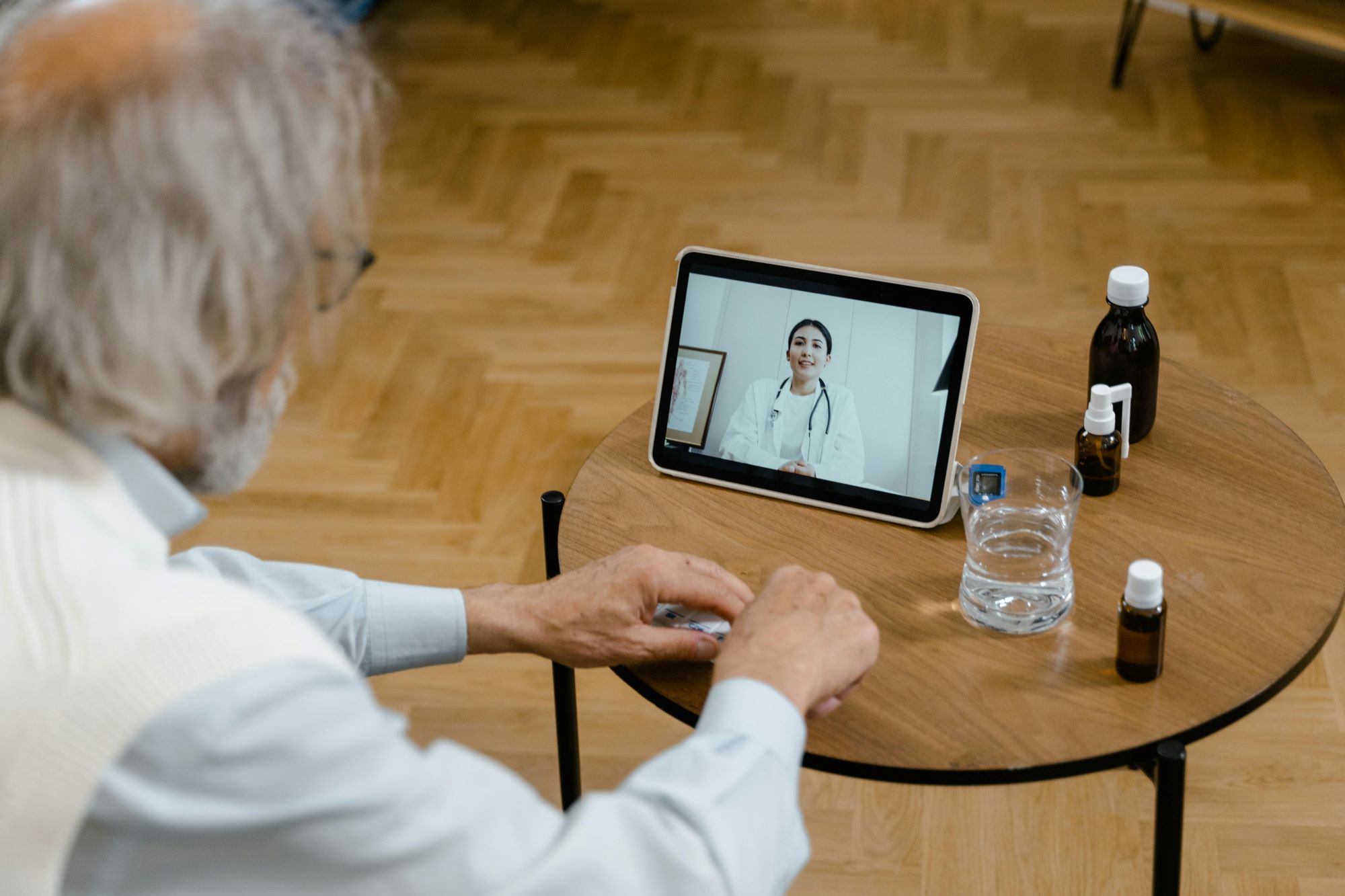
The Role of Telemedicine in Reducing the Social Stigma Around Birth Control in Singapore
When it comes to discussions about birth control in Singapore, the conversation can often be clouded by social stigma, cultural taboos, and misconceptions. While contraceptive options are widely available and legally accessible, many people still find it difficult to openly discuss or seek out birth control solutions due to fear of judgment or societal disapproval.
This is where telemedicine has emerged as a promising solution, providing privacy and convenience for individuals seeking contraception. Access to birth control pills in Singapore has evolved in recent years, and telemedicine is leading the charge in making it more accessible while also addressing the stigma surrounding it.
Understanding the Social Stigma Around Birth Control
Singapore is a modern, multicultural city-state with progressive healthcare policies, yet cultural conservatism around certain topics persists. Issues surrounding birth control are often tied to deep-rooted societal beliefs and norms. For many, the decision to use contraceptives is still seen as a sensitive matter, and discussing sexual health openly can sometimes lead to unwanted judgment from family, peers, or even healthcare providers. This stigma can discourage individuals, particularly women, from seeking the necessary advice and services for contraceptive use.
In more conservative circles, women who use birth control might be perceived as engaging in promiscuity, which further fuels the reluctance to seek help. As a result, many individuals in Singapore avoid discussing their birth control needs in person, either due to embarrassment or fear of exposure. The lack of open discourse on sexual health and contraception also contributes to a sense of isolation among those seeking these services.
How Telemedicine Is Changing the Landscape
Telemedicine offers a modern solution to the challenges faced by individuals navigating the social stigma associated with birth control in Singapore. The ability to consult with healthcare providers remotely allows patients to maintain privacy and avoid face-to-face interactions that they might find uncomfortable or embarrassing. With just a few clicks, individuals can access licensed medical professionals, receive expert advice, and even have prescriptions for birth control delivered to their doorsteps—all without stepping into a clinic.
One of the key benefits of telemedicine in this context is the ability to safeguard privacy. Individuals can seek information and treatment for birth control without fear of being judged or running into someone they know in a clinic setting. This is particularly important for young adults, unmarried women, or those who come from more conservative backgrounds where discussing sexual health may be frowned upon. Telemedicine offers a discreet way for individuals to take control of their reproductive health while maintaining a level of confidentiality.
The Convenience Factor: How Telemedicine Simplifies Access
In addition to addressing the stigma, telemedicine also brings convenience into the equation. For many people in Singapore, especially those with busy work schedules or family commitments, finding the time to visit a clinic for a birth control consultation can be challenging. Telemedicine removes this barrier by allowing individuals to schedule appointments online, at a time that suits them, and from the comfort of their own homes. This added flexibility makes it easier for individuals to prioritize their health without having to sacrifice other responsibilities.
Moreover, telemedicine platforms in Singapore offer a range of birth control options, from pills to patches to IUDs, all of which can be prescribed after a thorough online consultation. The process is streamlined and user-friendly, ensuring that patients receive timely care without the hassle of long clinic waits or unnecessary in-person visits. The birth control itself can then be discreetly delivered to the patient’s home, further ensuring privacy and convenience.
Addressing Misconceptions and Educating Patients
Telemedicine also plays a crucial role in combating misinformation about birth control in Singapore. Many individuals may shy away from using contraceptives because they are unaware of the variety of options available to them or hold onto outdated beliefs about the side effects and risks associated with birth control. Through online consultations, telemedicine platforms provide accurate, science-based information to patients, helping them make informed decisions about their reproductive health.
Healthcare providers who specialize in telemedicine are equipped to address common concerns and questions that patients may have about birth control. This can range from understanding the difference between hormonal and non-hormonal contraceptives to addressing myths about long-term fertility effects. By providing a safe space for education and dialogue, telemedicine empowers individuals to take charge of their health and make informed choices about contraception.
Reducing the Fear of Judgment
One of the most important aspects of telemedicine is the opportunity it provides for patients to feel seen and heard without the fear of judgment. In a traditional clinic setting, individuals might feel apprehensive about asking questions related to their sexual health, fearing that the healthcare provider or other patients may judge them. Telemedicine removes this barrier by offering a more anonymous and relaxed environment for these conversations to take place.
This is particularly beneficial for young adults or those who are seeking birth control for the first time. With telemedicine, they can ask all the questions they need without worrying about how they will be perceived. This sense of security can encourage more individuals to explore their birth control options and seek the care they need, without feeling like they are being scrutinized for their decisions.
A Step Forward for Birth Control in Singapore
In conclusion, telemedicine is playing a pivotal role in shaping the future of birth control access in Singapore. By providing a private, convenient, and judgment-free way to access contraceptives, telemedicine is breaking down the barriers imposed by social stigma. As more individuals embrace this technology, the conversation around birth control will likely become more open and inclusive, helping to dismantle the misconceptions and taboos that have long surrounded the topic.
Telemedicine offers individuals the opportunity to take control of their reproductive health in a way that is both discreet and accessible, ensuring that everyone has the chance to make informed decisions about their bodies. In a society where social stigma can sometimes hinder access to essential healthcare, telemedicine is a powerful tool in advancing the conversation on birth control and ensuring that individuals in Singapore can receive the care they need without fear of judgment or exposure.

















